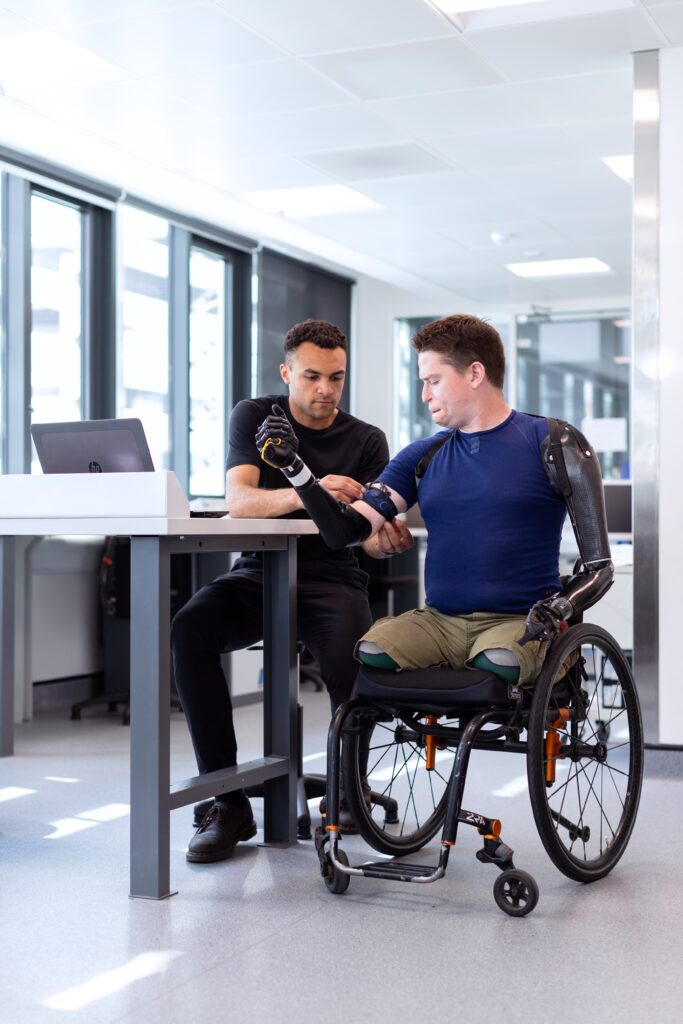Physical therapy is a rewarding and challenging career that offers many opportunities to help people improve their quality of life. Becoming a physical therapist requires completing a graduate-level program, passing a national licensure examination, and obtaining a state license. If you’re considering becoming a physical therapist, it’s important to weigh the pros and cons of the profession to determine if it’s the right career path for you.
Pros:
- Helping people: Physical therapists play an important role in helping patients recover from injury or illness and improve their overall physical function.
- Variety of settings: Physical therapists can work in a variety of settings, such as hospitals, clinics, private practices, schools, and sports teams.
- Career growth: Physical therapy is a rapidly growing field, with many opportunities for advancement and specialization.
- Competitive salary: Physical therapy is a well-paying profession, with the average salary for physical therapists in the United States around $89,000 per year.
Cons:
- Graduate-level education: Becoming a physical therapist requires completing a graduate-level program, which can be challenging and time-consuming.
- Physical demands: Physical therapy can be physically demanding, with long hours spent on your feet and performing hands-on therapy.
- Licensing requirements: Physical therapists must pass a national licensure examination and obtain a state license to practice.
- Emotional demands: Physical therapy can be emotionally demanding, as therapists often work with patients who are in pain or have chronic conditions.
If you’re considering becoming a physical therapist, it’s important to research the profession thoroughly. Physical therapy programs are offered at the graduate level and typically take around 3 years to complete. After completion of the program, you must pass the National Physical Therapy Examination (NPTE) to become licensed.
Additionally, you’ll need to have good communication skills, be able to think critically, and have an interest in working with people. Physical therapy is a challenging but rewarding profession that offers many opportunities to help people improve their quality of life. If you’re passionate about helping people and have an interest in the human body, physical therapy may be the right career path for you.
In conclusion, physical therapy is a rewarding and challenging profession that offers many opportunities to help people improve their quality of life. It requires completing a graduate-level program, passing a national licensure examination, and obtaining a state license. If you’re considering becoming a physical therapist, it’s important to weigh the pros and cons of the profession, research the field thoroughly, and consider your interests, skills, and career goals.


